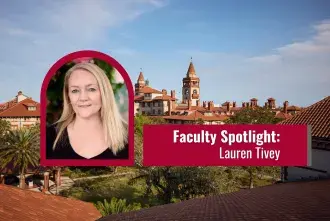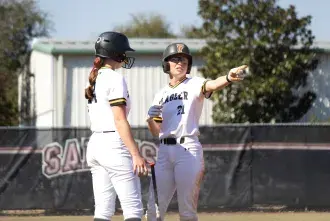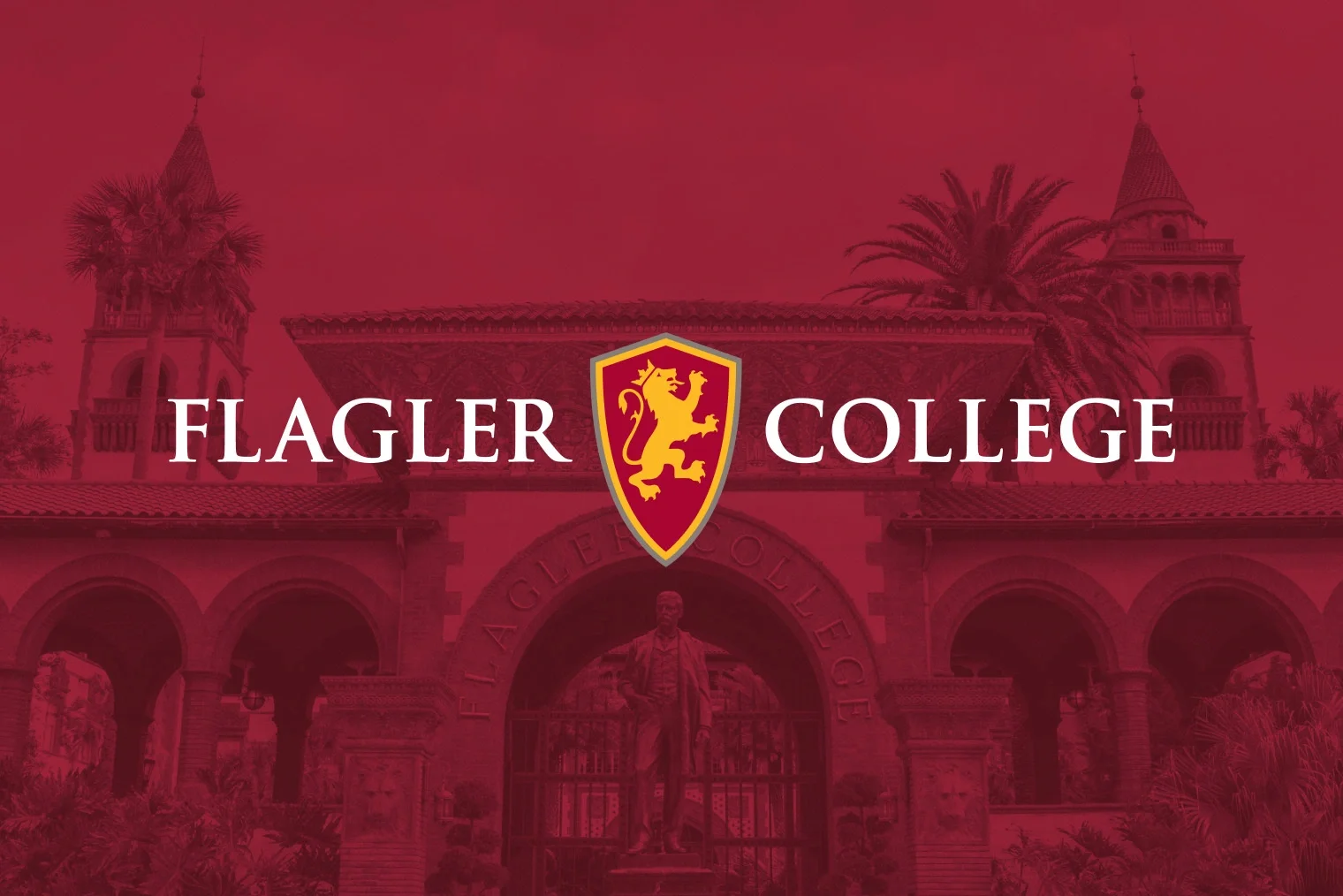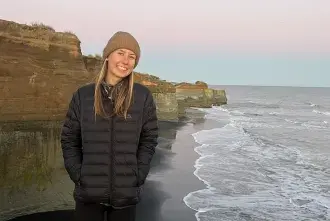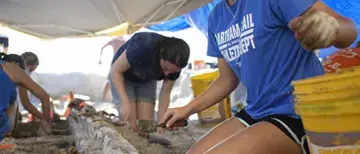
Since receiving her doctorate in anthropology from the University of Florida in 1974, Deagan built an extensive career in archaeological and anthropological research and education. But even before concluding her studies, Deagan was conducting research and fieldwork in St. Augustine.
It was in part Deagan’s belief that St. Augustine is “of the better places for training of archeologists in the country” which influenced her to become the lead donor for Flagler’s Deagan Archaeological Research Lab set to open in March 2023.
While the opening of the lab is still months away, the celebration of International Archaeology Day on Oct. 15 is an opportunity to reflect on the influences behind creating such a research space and the importance of educating the public on the significance of this field.
“A lot of people have erroneous ideas of what archaeology is,” Deagan said. “You know, too much Indiana Jones.”
National periods of recognition for archaeology give the public a chance to “take a bit of a closer look” at the field, Deagan said.
“I think it’s super important for more people to understand what archaeology really is and what we’re trying to do,” she said. “Which really, it’s a resource that is the only record of people, sometimes our own ancestors.”
St. Augustine’s record of people is long and storied because of its vast history of cultural settings which Deagan said gives the region a leg up in archaeological research.
She said most regions usually only offer one or two cultural histories for study. But here, students can study numerous cultures from the Native Americans, Spanish, and Minorcans to the French, Chinese, British, and Gullah-Geechee people.
While the opportunity for archaeological discovery in St. Augustine is impressive, Deagan said it’s important to have comprehensive resources for analysis of the artifacts that may be found.
“You can find a lot of great artifacts but you have to be able to understand what that means about people in the past,” she said.
For archaeology and anthropology professors like Dr. Lori Lee, the lab will provide their students with the resources, space, and collaborative environment to successfully analyze locally-sourced artifacts and work to accurately inform the narrative of St. Augustine’s history.
As a major collaborator in its development, Lee said the lab will feature tools like advanced artifact cataloging and ArcGIS geospatial software on computers, high-powered microscopes, archaeological flotation devices, and artifact collection storage areas.
She said working with this high-level equipment will help students “build confidence and professional knowledge” while giving them “a really strong foundation” for future research and careers.
But Deagan said that lab will also benefit students beyond these two fields.
“There’s a lot of cross-disciplinary fertilization in an archaeology lab,” she said.
History, forensics, natural sciences, and zoology are some of the fields that Deagan said are well suited for collaboration in an archaeological setting.
Deagan hopes the lab’s potential for interdisciplinary work along with the professional-grade tools for analysis will draw students and researchers alike to Flagler’s archaeology program.
“If things continue to go the way they are, we will begin to attract many more students from many different places,” she said.
If the program attracts more students and support, as Deagan believes it will, she has high expectations for what Flagler’s archaeology program could eventually become.
“I see no reason why it shouldn’t become a very renowned center for undergraduate education in archaeology,” she said.
